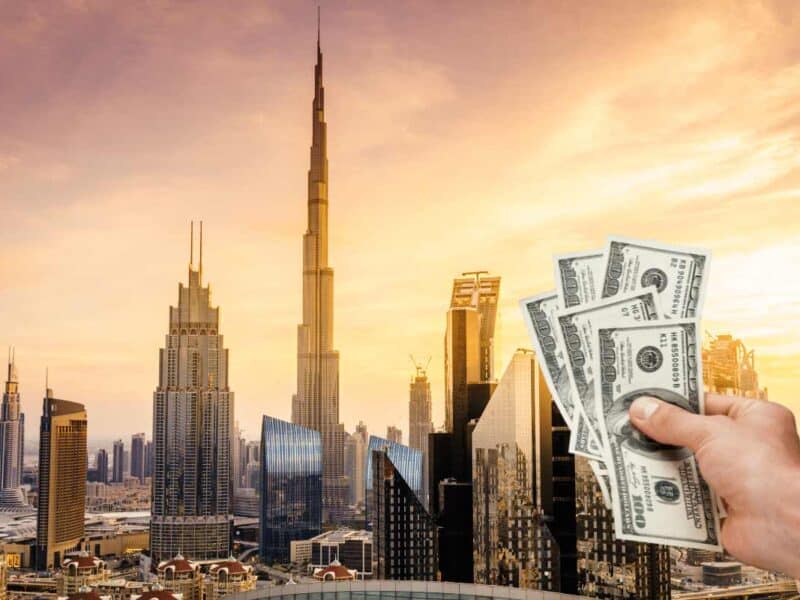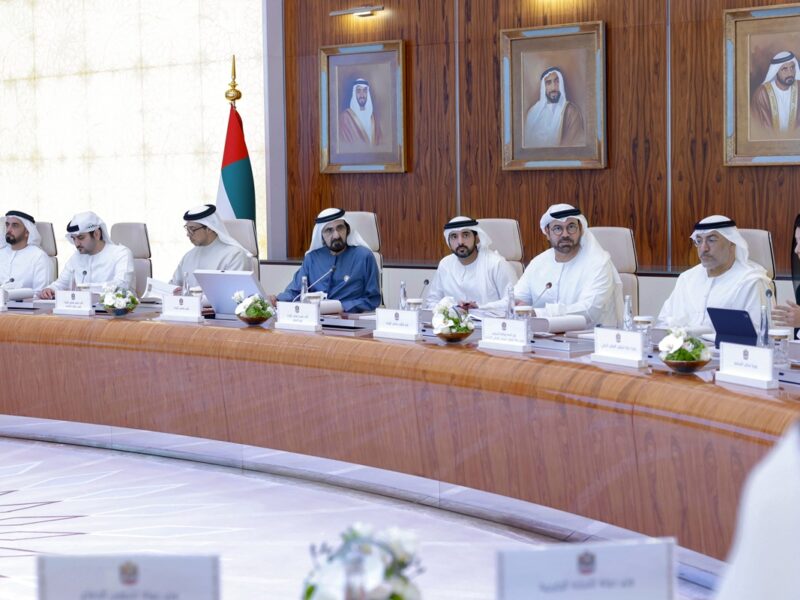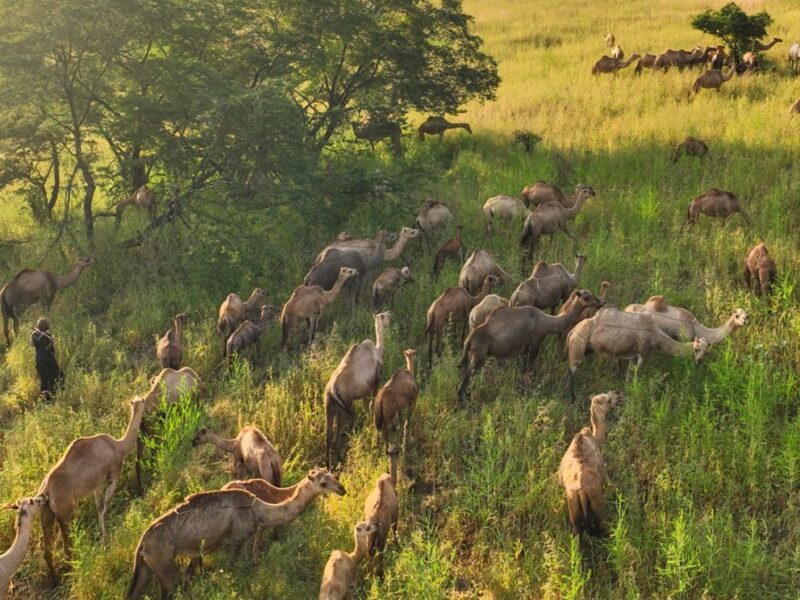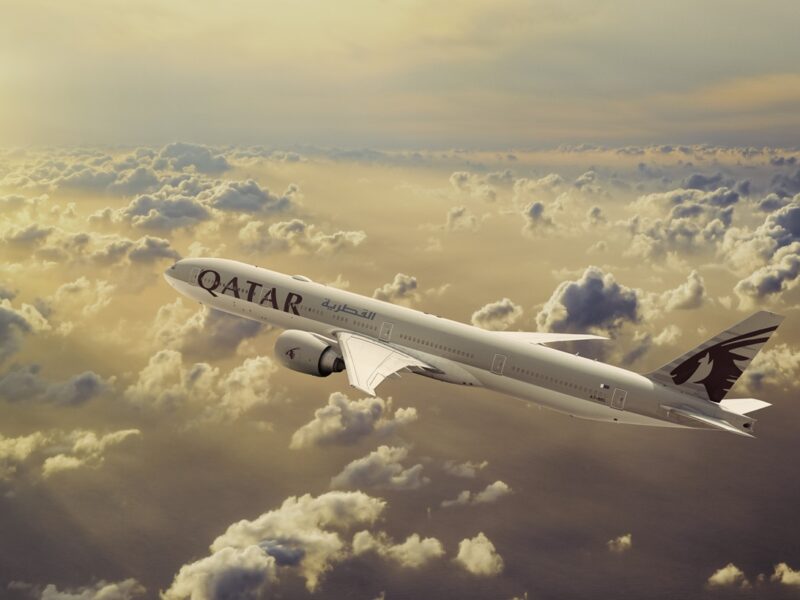Property consultants Cluttons has had a strong presence in the middle east for over 30 years. Alex Upson, partner in international sales shares his views on investment and the property bubble.
What does Cluttons do?
Cluttons is a firm of chartered surveyors and property consultants, established over 200 years ago. The company has been in the Middle East for over 30 years.
Since the introduction of foreign ownership, the UAE has become a market Cluttons is able to work in as an estate agent.
The core business is valuations and management, but the office in Dubai also takes care of sales and lettings for residential and commercial properties. Valuations, property management and feasibility studies are carried out by qualified surveyors.
We are part of the Royal Institution of Chartered Surveyors (RICS) and our valuations and reports follow those guidelines. Roughly 10% of our business is estate agency.
What is your role in the company?
I am Partner for International Sales, based in London. I look after property sales from the international market to the UK market. Anyone in the UK who wants to buy a second home abroad in a place like Dubai will come to us, as we focus on the Gulf.
We know the ground pretty well, so we can advise people on where they should buy and what they should look out for.
We also have offices in South Africa, Italy and Barbados, and an associate office in Moscow. These are stand-alone operations, but when they need help from the UK that’s where I come in.
They operate within their own communities; our Italian office sells local properties mainly to English people moving to Italy. We get involved if there is away in which we can help, by introducing them to people wanting to buy in that part of the world. I help these offices on a reactionary basis, but really my role is centred around the Gulf.
How do you advise your customers?
A first-time buyer may not know that in Dubai there are some zones where you can own as a foreigner and some that you can’t. In that case, our advice would start off being very basic.
We would ask them whether they’re looking for an apartment or a villa and what the purpose of the purchase is. It could be a young couple moving to Dubai for work, with two children, who want to be near a school and near the workplace.
We’ll try and advise them on the best places to go, which could be Arabian Ranches, or depending on their budget, the Greens. When they’ve decided what they want to buy, we will hold their hand through the process.
For people who live in the region it’s very easy, because they’ve done it before. Somebody moving out from the UK may have no idea about the property market.
We’ll take them through the whole buying process by making sure their deposit is in, getting the paperwork in order and helping them with finance by introducing them to lenders.
Alternatively, if someone is looking at buying to let with a budget of US$200,000, and they want to buy in the Burj Dubai, we will tell them they won’t be able to afford it but we can recommend other options.As consultants, we also advise institutional investors who want to buy an entire building or several floors, or even a number of apartments to create a portfolio.
We manage the process for them by finding the properties and negotiating contracts. Once we’ve taken possession of the property we will manage it, which includes renting and selling the properties. If it’s rented out we will keep it clean and find tenants.
In the UK you will go to a Cluttons office somewhere in London and say, “I’ve got US$3mn to spend and I want a good apartment on a decent lease with a car park,” and we will then show you five or six properties. Each will be different and all the information about each property will be passed on to the potential purchaser.
If you look at the Waterfront development, it’s more ambitious than anyone has ever seen, but as a regional preferred place to live it’s probably not going to be enough.
If they want finance, we’ll put them in touch with Cluttons private finance, which is an in-house brokerage facility, and they’ll work out a deal which best suits their needs. We specialize in difficult applicants! If you want to buy a property in London, you will be looked after by your estate agent. What services do you offer investors?
Service doesn’t exist yet in Dubai, but we are nurturing it. Since the introduction of foreign ownership, the UAE has become a market Cluttons is able to work in as an estate agent. Prior to that we only did lettings.
We can now apply the service we offer in the UK to the market in Dubai. We’ve never been a company to encourage speculative property trading, because we are property consultants for end-users who view it as a long term purchase.
Who are your clients?
Our clients are usually UK residents here, who have either bought property to live in or rent out. They are also people who live in the UK, who recognize our name and see us as a trustworthy partner. We have a lot of local families who we’ve worked for, for years.
The people who come to us to buy or rent property come from all over the world and the range of people we deal with goes across the whole property market.
Most of our calls are from people who have around US$100,000 and they’ve been told they can double their money in Dubai, so they come to us and ask where we would recommend.
Then we have the investor types, who come mostly from the UK because they’re familiar with Cluttons.
Most of these are property trusts, institutional investment companies or groups of people who have put together their own equity to create a purchasing fund which is regulated and audited by qualified auditors, like PricewaterhouseCoopers. These funds have huge purchasing power.
Which developers are you affiliated with in the region?
We are working for the developer of the Azzurra resort in Egypt, selling their units into the UK. We’re also working for the developer of Riffa Views in Bahrain, selling the final part of the villa complex.We’re then working with the Malkai in Oman. We limit who we’re working for at any given time. We’re looking to do quite a large project in Dubai, which will be part of the redevelopment of Nad Al Sheba.
It will have the feel of a city and feature equestrian facilities, golf courses and water parks. It’s going to be quite low density, so there will be quite a lot of open spaces on the master plan. We’re also one of Emaar’s main agents, and have always sold its property into the UK.
Where does Cluttons currently operate?
Our main market is the UK, where we have 18 offices. The Gulf is our second main market, where we have offices in Bahrain, Dubai, Sharjah and Muscat. We’re setting up an office in Qatar and Abu Dhabi, and we have an associate office in Saudi Arabia. We also have an associate office in Moscow, and franchises in Barbados, Spain and Italy.
We have 14 offices in South Africa, which are not wholly-owned by the company, but operate under the Cluttons name. Cluttons Resorts is a franchise division, which currently operates in every part of the world except the Middle East.
It has properties in exotic places like Thailand, the Seychelles, Mauritius and the Caribbean. Like Cluttons, it’s a boutique operation and will take on a resort to sell into the UK. Investors will buy serviced apartments or serviced villas which will generate income via the hotel.
What plans are there for expansion?
We are encouraging more franchise operations in Europe, which is our main target. Mainly places in the Mediterranean, such as Greece, Turkey, Italy, Spain, France and we’re considering opportunities in Eastern Europe.
Those markets have settled down now and we’re prepared to go in for the long term.
Is the company involved with any environmental initiatives or sustainable developments?
We have an initiative in the UK to go as ‘green’ as we can. We consult for architects, like Foster and Partners, who are hugely driven by environmental issues.
They’re working on projects over here that are focusing a lot on environmental issues, but we get involved on a periphery level. People go into property development to make money, so most people are driven by doing things at the cheapest price in the quickest time and selling for the biggest profit. However, we always say it’s a good idea to have environmentally conscious systems.
These are good selling tools so we encourage their use with architects. A lot of developers have cottoned on to environmentally-friendly systems and products, particularly at the Malkai which will be doing a lot of water recycling.
They will be sealing the natural wells on the site, because using them would take water away from surrounding farmlands. Instead, there will be a plant at the beach which will desalinate enough water for the project’s irrigation demands.
How strong an investment is property in the Gulf at the moment?
It is clear that the Gulf is one of the hot-spots globally. We’ve got a very high price for oil at the moment, and the word in the market is that it will hit US$200 pb before long. If it does, the revenues in the Gulf will thoroughly support the economy.There’s a good distribution of wealth. The oil money goes into the economy, which is seen in the infrastructure with new hospitals, schools, and airports. A strong economy and rising population make the Gulf a very good area to focus investments in.
A multinational company might look at the Middle East right now, because it hasn’t been affected so badly by the credit crunch. Looking at the MENA region and the whole of the sub-continent, the population works out at around a billion.
If a multinational were looking for a way into the MENA market, what better place to put its strategic headquarters than in Dubai. It would get very good tax rates, excellent facilities and a good lifestyle for employees, which would attract the best executives and managers from outside.
There’s also the distribution network. As well as the new airport being built, the Jebel Ali Port can distribute goods quickly into the Gulf and North Africa.
What do you think about speculation that the UAE property market is a bubble waiting to burst?
I don’t think there is a bubble. There is massive demand for property. Off-plan sales are still taking place and a lot of these purchases are being paid for in cash. If there is a crash or the market corrects, people who have paid in cash would be mad to sell.
They can wait it out, so I can’t see the market dropping. There will be a percentage of people who’ve overdone it, and some will try and sell their properties at a higher price than the market value. When it comes down to market value, it’s not a crash, it’s a correction.
Taking into account pent-up demand, construction delays, the growing economy and growing population, accommodation is always going to be a problem.
If you look at the Waterfront development, it’s more ambitious than anyone has ever seen, but as a regional preferred place to live it’s probably not going to be enough.
Abu Dhabi has decided it wants to develop downstream petrochemicals and get into the hydrocarbon business, adding value to the oil it produces. To do that, it needs facilities and people to work there.
Just to build it they need people like construction workers, architects and designers. Between Abu Dhabi and Qatar, which also has the same idea, it’s estimated they will require 300,000 housing units in the next three to five years.
The spin-offs from that kind of initiative are enormous. People working at the development will have a house, cars, clothing, food and perhaps schooling for children.
Each and every one will spend a huge amount of money on these things, and that money will go into the economy every year. I don’t see this region as a bubble that will burst, I believe it will mature and growth will slow down.
The key is population. If the population of the region keeps growing at 5% per year, they will struggle to satisfy demand. If population growth drops to 3%, they will probably be able to meet demand.








